The Association of Convenience Store (ACS) has told MPs LINK should be transparent about the application of its Financial Inclusion Programme, and the impact of its interchange fee cut on rural ATMs.
It was giving evidence in Parliament to an inquiry by the All Party Parliamentary Small Shops Group, chaired by Ruth George MP.
The evidence session focused on the challenges facing free-to-use ATM operators in light of recent cuts to interchange fees implemented by LINK, and included contributions from LINK, ACS, the Federation of Small Businesses, Which? and the Payment Systems Regulator.
Over the next four years, LINK plan to reduce the interchange fee (the fee paid by banks to cash machine operators) from 25p to 20p. The first of these reductions came into effect on July 1.
During the evidence session, LINK confirmed that it will provide monthly reports to the Payment Systems Regulator on the number of free-to-use ATMs that are further than one kilometre from the next closest free-to-use ATM, as well as updates on how its Financial Inclusion Programme is working in practice.
ACS chief executive James Lowman said: “Cash machines in convenience stores are an essential service for the millions of consumers that rely on cash, as well as other local small businesses and market stalls that don’t have card payment facilities.
LINK’s decision to press ahead with cuts to interchange fees is already leading to retailers having to make difficult decisions about the future of their cash machines, potentially leaving rural and isolated communities without access to cash.
“Retailers cannot be expected to subsidise the network, especially when the big banks, who are profiting from the interchange fee cut, are closing branches in their thousands and abandoning consumers across the UK. We welcome the opportunity to meet with the chair of the independent “access to cash review” and make the case for strong nationwide coverage of free to use ATMs.”
In the session, consumer group Which? raised concerns that LINK’s decision had been made with commercial interests in mind, rather than the interests of consumers. Figures released by Which? at the end of June revealed that around 300 cash machines had closed every month since November 2017, possibly in anticipation of LINK’s reduction in interchange fees.
The Payment Systems Regulator stated that LINK had met its requirements to press ahead with cuts to interchange fees, but that any cuts must be accompanied by close monitoring to understand the impact that cuts have on the overall free to use ATM network.
The 2017 Local Shop Report shows that 58% of stores in the convenience sector have a cash machine. 45% of stores provide a free to use cash machine, while 13% have charged cash machines. Cash remains an essential method of payment for customers in convenience stores, with HIM research showing that 76% of customers pay in cash.





















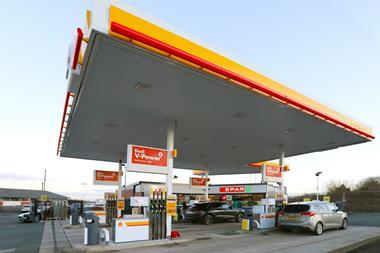
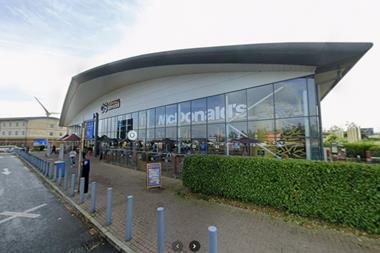
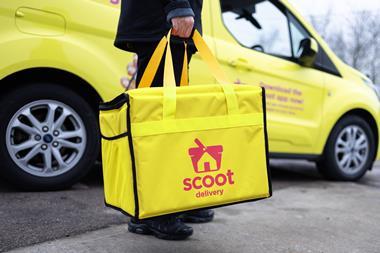

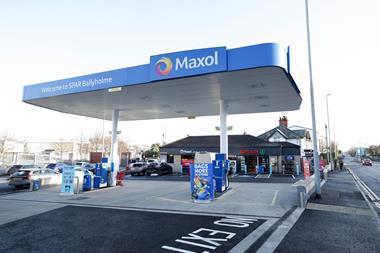




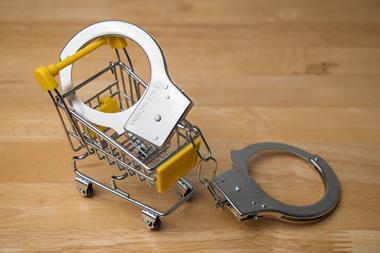
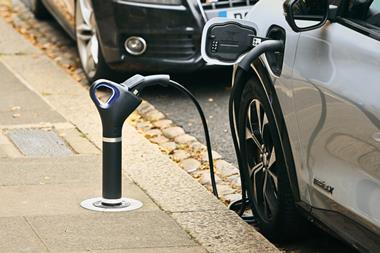
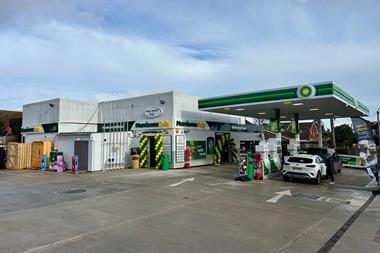
No comments yet